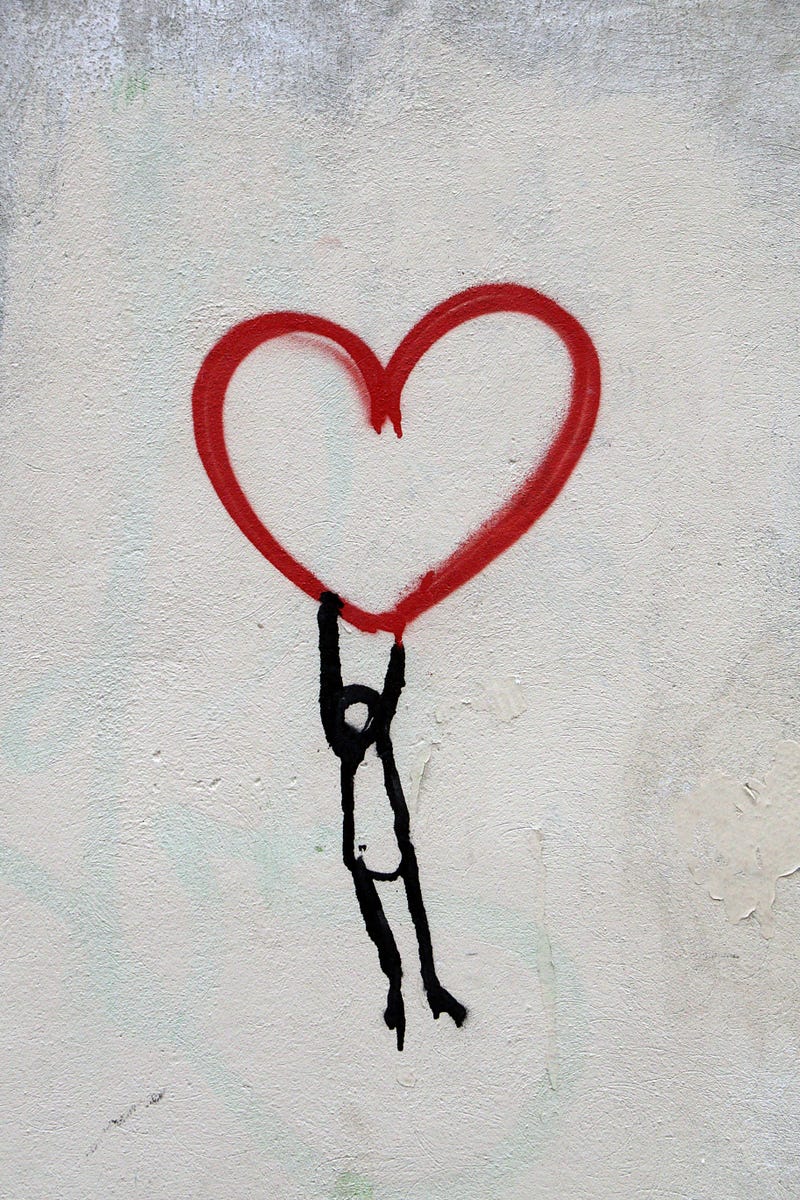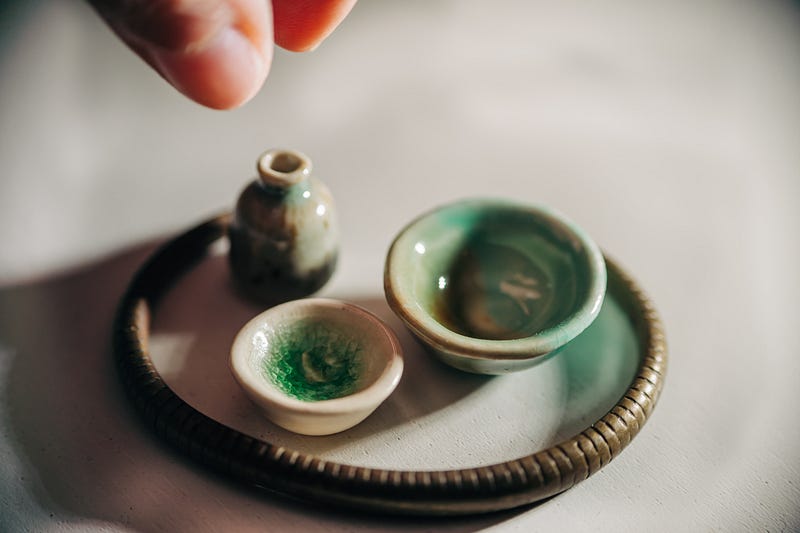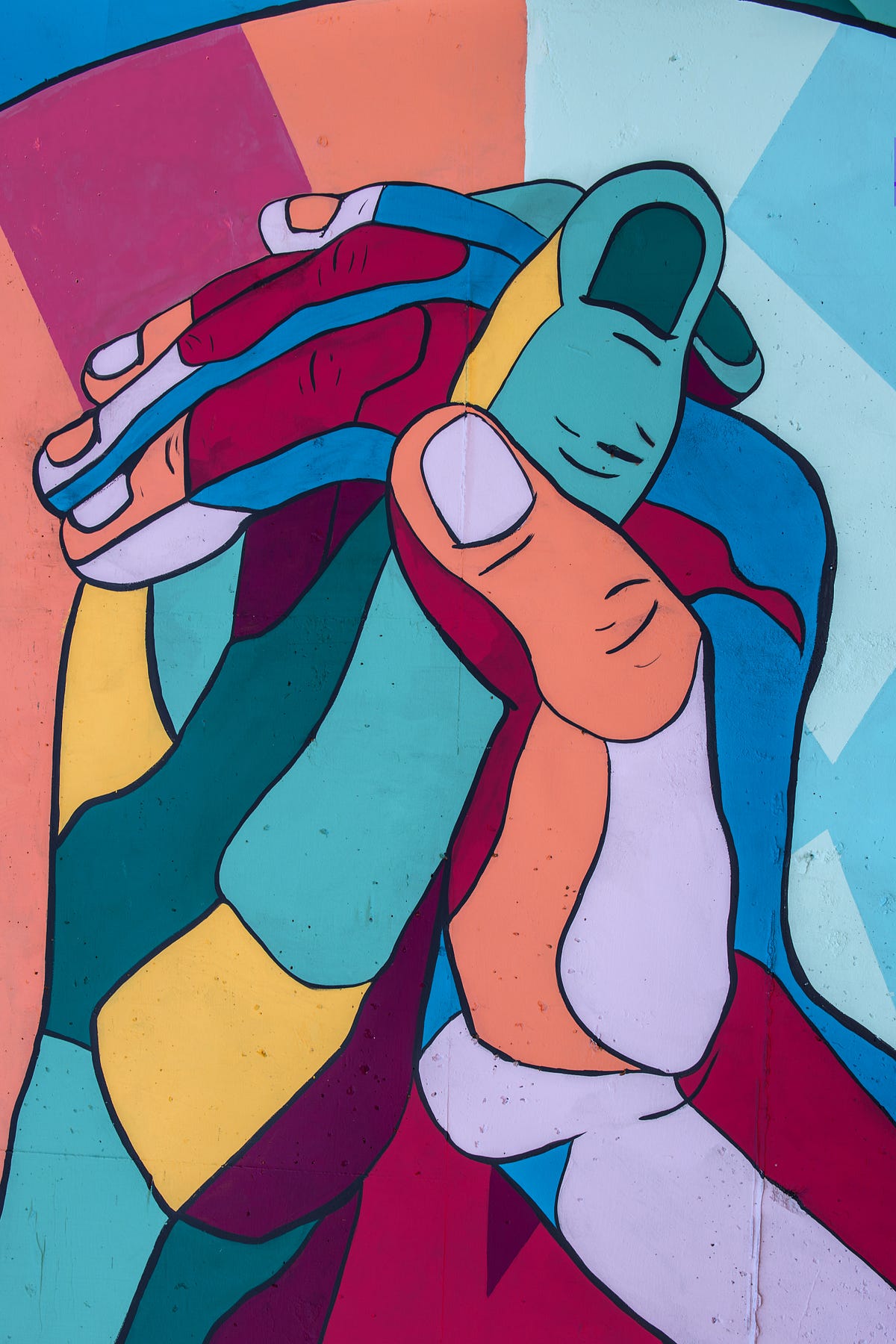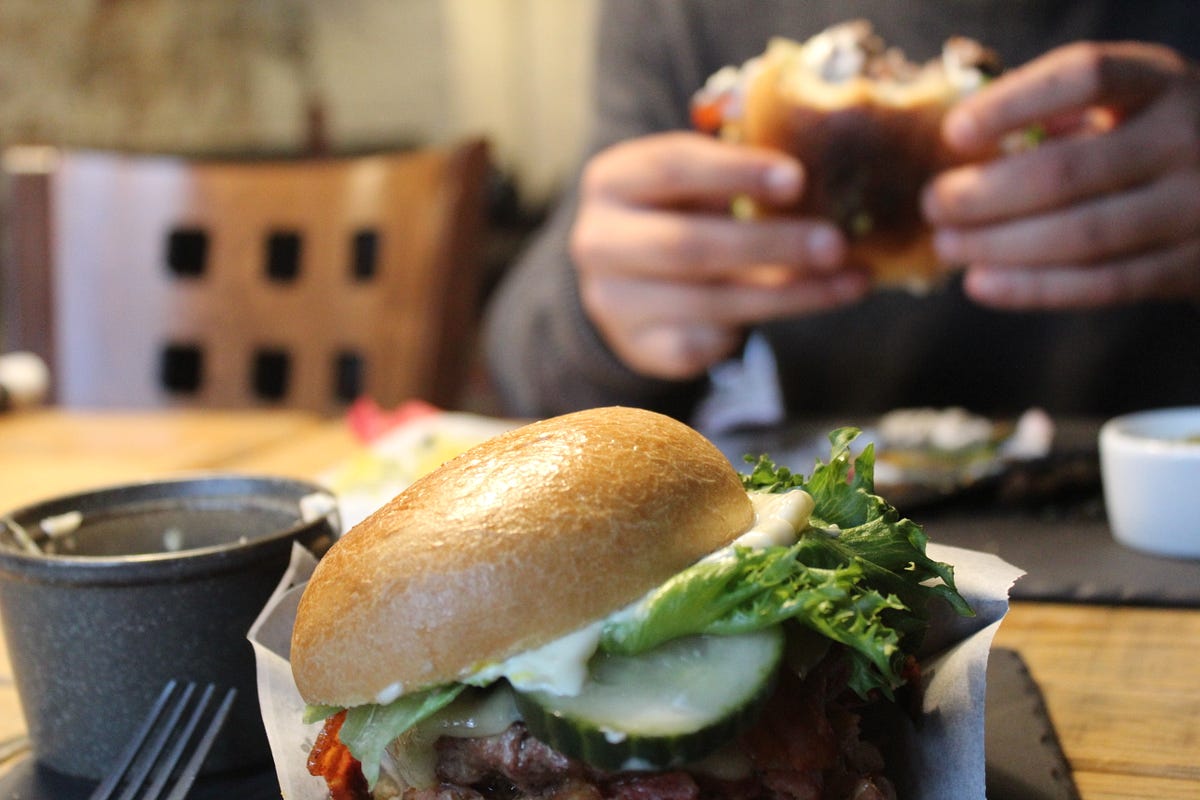Not long ago, I was taking a trip with my wife and kids, when I saw an interesting sticker on the outside of the hotel where we were staying.

Logo of The Optimist Club, International
It was the logo of an organization called Optimist International, but nothing else.
I was intrigued.
When I looked up the organization, I found the following list of principles, which they call The Optimist Creed, which you can view in full below:
Promise Yourself:
- To be so strong that nothing can disturb your peace of mind.
- To talk health, happiness and prosperity to every person you meet.
- To make all your friends feel that there is something in them.
- To look at the sunny side of everything and make your optimism come true.
- To think only of the best, to work only for the best, and to expect only the best.
- To be just as enthusiastic about the success of others as you are about your own.
- To forget the mistakes of the past and press on to the greater achievements of the future.
- To wear a cheerful countenance at all times and give every living creature you meet a smile.
- To give so much time to the improvement of yourself that you have no time to criticize others.
- To be too large for worry, too noble for anger, too strong for fear, and too happy to permit the presence of trouble.
The creed originated with the writing of Christian D. Larson — one of a group of early 20th century American personal growth/spirituality writers. It sets forth a way of looking at the world and tackling each day that pushes one toward positive things, rather than negative ones.
It’s not a doctrine of escapism from or ignorance to the bad things in life. Rather, it’s a reminder that after you feel the pain, sorrow, exhaustion, fear — or whatever the negative emotions of the day are — you choose to think and act in a constructive and positive way.
Feelings, Thoughts, and Behavior
One of the key things I’ve learned over the past year is that emotions are involuntary and always valid. I feel how I feel, and I’m allowed to feel that way — no justification necessary.
There’s nothing I can do to change the fact that I felt a certain feeling — as uncomfortable as it may be for me. But my thoughts and actions coming out of that unpleasant feeling are voluntary. I can choose how I think, what I think about, and how I behave. And I need to choose carefully — because my thoughts influence my behavior, and my behavior impacts other people.
In other words: my emotions don’t have to dictate my thoughts and behaviors. I can separate those 2 things from my emotional state.
That’s where the Optimist Creed comes in. If you can manage to internalize the principles, it can become habitual — like a new operating system for your mind. It’s your starting point; your baseline.
I may wake up this morning and feel terrible, overwhelmed, saddened, afraid, or any combination of those. But it’s possible for me to think and act in a positive way — rather than ways that feed into the negative emotions I’m feeling. The creed provides a nice, simple list to help you do just that.
But…Does This Really Work?
If you do follow the creed, and you focus on positive things, and act in positive ways, your life gets better.
Clarification: when I say “your life gets better”, I don’t mean you suddenly receive and achieve all the things you’ve longed for. That’s ridiculous. No mindset or practice can make things happen in the external world without you taking sustained action over time. Anyone that says otherwise is likely trying to sell you magical thinking.
So, no, this kind of mental operating system won’t bring you the things you desire immediately. It may not bring you the things you desire at all. A tool like the Optimist Creed isn’t about changing your circumstances, resources, skills, and relationships. It’s about changing how you view those things. It’s about getting you to bring something more positive and hopeful to the various circumstances of your life — so you can get something better out of those circumstances.
Whatever change you’re hoping for, it has to start from within. You can’t wait for the furniture of your life to be arranged in some certain way in order to make you adopt a positive mindset. That’s actually backwards. You need to have the positive mindset first, and then it becomes easier for the furniture of your life to be arranged more to your liking.
But there’s no magic here. It’s not like adopting a certain mindset will magically rearrange the furniture of your life to your liking. But what it can do is make it easier for you to redefine what it means for things to be “to your liking”.
Your old mindset may have been so rife with unrealistic, unwholesome, and unexamined desires about how things should be. And those may have been making your miserable — all those desires being consistently unmet. Changing that mindset can very quickly allow you to accept all sorts of things you used ruminate about, which frees you up to spend mental energy on taking some small actions to change what you can — and do so more effectively.
Not a New Idea
The funny thing is, there’s nothing new about this idea. You can find it in a Buddhist text called The Dhammapada — which originated over 2,000 years ago:
All that we are is the result of what we have thought.
It is founded on our thoughts, it is made up of our thoughts.
If a person speaks or acts with an evil thought, pain follows them, as the wheel follows the foot of the ox that draws the carriage.– The Dhammapada Ch.1 V.1
Don’t underestimate the power of your mind — in 2 key ways:
- Don’t underestimate your ability to change the key drivers of your negative feelings: desires and expectations about how things should be.
- Don’t underestimate how much damage your current mindset has done — acting as the root of most of your current emotions — and thus thoughts and behaviors.
Voluntary and Involuntary Things
The funny things about beliefs and emotions is that neither start off as voluntary, but they both can become voluntarily adopted and supported — depending on our mindset. But beliefs have a powerful influence over your future emotions, as well as what your focus on each day, and how you act in general.
But many of these powerful beliefs are ones we may not even be aware of. But if we really laid them out and asked whether we have good reason to believe them — the answer would probably be no.
We each hold so many beliefs that influence our further thoughts and behavior. And many of those beliefs have never truly been examined, so we continue to hold them. Furthermore, if we’ve built our current mindset on the foundation of those core beliefs, it’s very difficult to question them.
That’s why self-help, religious, and spiritual messages — along with mediation and other things that disrupt your normal thought patterns can be extremely helpful. Messages like that often come in a form unfamiliar to your limited mindset, As a result, they can can push into your mindset by poking at a certain emotional nerve deep within you — and disrupting your normal mental flow.
Homework
So, lest this piece of writing serve just as a bunch of words you just read and forget within a week — here’s some homework to do over the next week or so — to make it stick:
- Write out or print out the Optimist Creed on a small piece of paper or card that you can carry with you throughout the day.
-
At the Beginning of Each Day:
Look at the creed, and commit to following it to the best of your ability. -
At the End of Each Day:
Give some attention to a few things that are going well. Reflect on how they make you feel good — and let that feeling sink in.















